Many tea lovers share this sentiment: once you fall in love with tea, it's hard to quit. Sometimes, you can't explain why—you just crave that feeling. A great cup of tea offers a rich texture, subtle aged aroma, a hint of bitterness upon sipping, followed by a gentle sweetness and an endless aftertaste that lingers like a spring under the tongue.
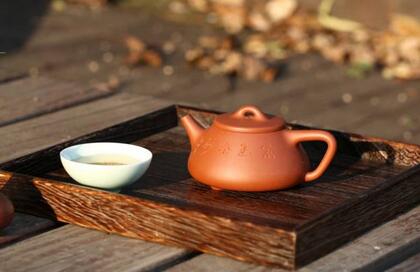
Tea is incredibly diverse. Different mountains and tree varieties yield distinct flavors. Even tea from the same village can taste completely different based on harvesting methods, roasting duration, or firing techniques. The same mountain's tea, made by different farmers, can vary wildly.
Reputation doesn't guarantee quality; good tea comes from skilled artisans. Everyone's taste buds differ, leading to varied preferences. The same excellent tea might delight some but disappoint others.
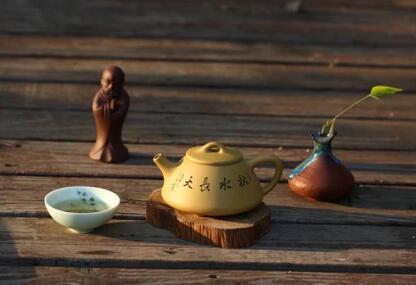
Simply put, some prefer bitterness turning sweet, others pure sweetness or heavy smokiness, while some dislike astringency. Every tea has its fans. What you reject, another might cherish. There's no "best" tea—only the one that suits you best.
Tea is, ultimately, a beverage. Natural and additive-free, the best tea is the one that pleases your palate. Brewing methods, steeping time, water quality, and even the brewer's mood can alter the flavor.
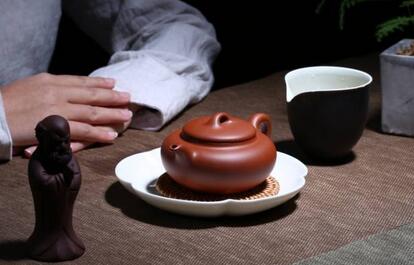
Sometimes, the tea's taste shifts with the brewer's emotions. Tea is magical, like a kaleidoscope—changing perspectives reveal different facets. The same brew can evoke unique impressions for each drinker. Finding your ideal tea isn't about price but chance. Expensive tea isn't always right for you. Life isn't a fairy tale; experience shapes judgment. Suitability is the true measure.
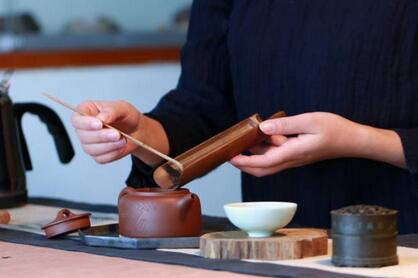
Tips: Tea禁忌
Avoid tea after alcohol
Drinking tea post-alcohol strains the kidneys. Alcohol stimulates blood flow, while tea increases blood volume, burdening the heart.
Don't take medicine with tea
Tea's compounds can react with medications, reducing efficacy.
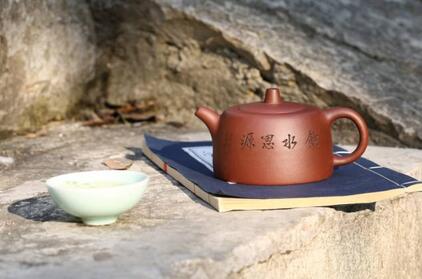
Avoid tea during fever
Caffeine in tea excites the body, accelerating blood circulation and worsening fever. Tannins hinder heat dissipation, preventing temperature drop. Tea during illness aggravates symptoms.
Who should avoid tea?
Pregnant or nursing women,胃病患者, anemia sufferers, the malnourished, and those with neurasthenia should abstain.